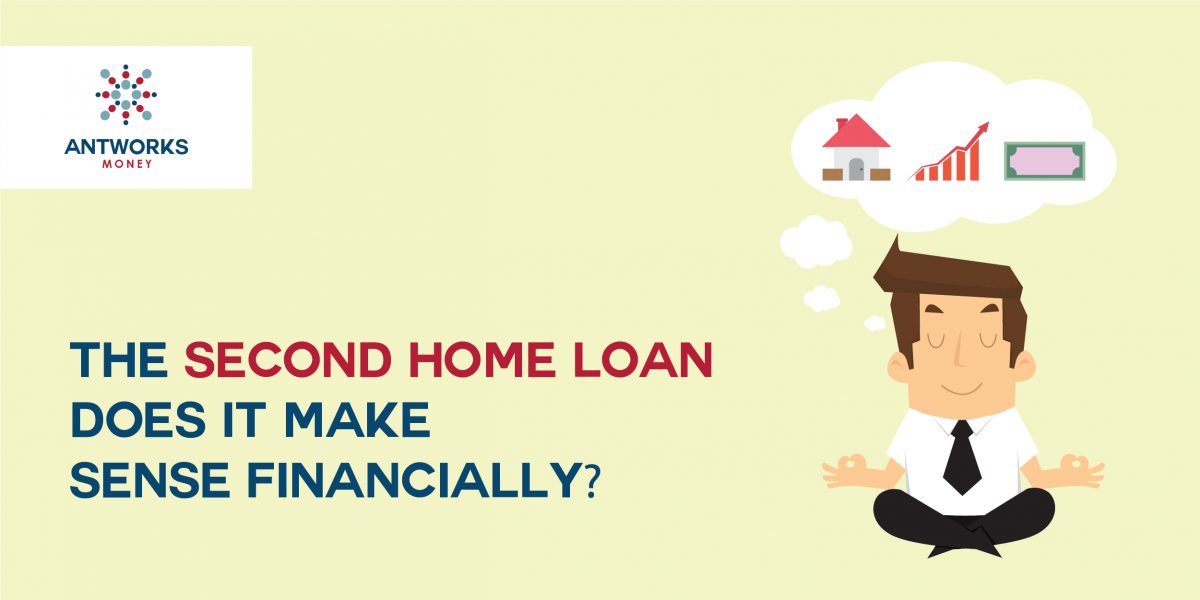
The Second Home Loan – Does it Make Sense Financially?
Several Indians today, especially from the upper middle class are choosing to buy a second home. The main reason behind this decision is that they consider the real estate to be a great investment.
While it’s always good to build your portfolio, you must do a lot of homework before you take this decision.
You must consider your budget, the long-term home loan repayment commitments, and the tax implications before you take the decision to invest in a second property.
Here’s what you need to know before you get started!
What Qualifies as Self-Occupied Property?
According to Section 23(2)(a), a property is considered to be self-occupied if it meets the following conditions:
- Is used by the owner for his residence or other purposes
- Is not let out for the whole or part of the previous fiscal year
- The owner doesn’t get any other income from the property
Let Out Property
A property that isn’t self-occupies is considered as a let out property.
It’s up to the owner to consider which property as self-occupied and let out. For instance, if a person owns three houses, one is self-occupied, and the other two are let out.
The Tax Implications
Now, let’s look into the tax implications of both the first and second house. When you apply for home loans for self-occupied property, the principal repaid (up to 1 lakh) is eligible for tax deduction under Section 80C, while interest (up to 1.5 lakhs) is eligible for tax deduction under Section 24.
Varying Tax Treatment for Second Property
When it comes to the let out property, there is no tax deduction on the principal for the new home loan. However, for interest repaid you can claim tax deduction on the entire amount. There is no cap here like 1.5 lakhs for the self-occupied property.
If your second property is yet to be constructed, then you can claim 20% of the total interest paid during pre-construction as tax deduction. However, this tax benefit is only available for a period of five years.
How to Save on Taxes with your Second Property?
Imagine this scenario where you are residing in Mumbai and have bought a second house in Pune. It’s obvious that the second house will not be used by you and you are likely to let it out. However, consider this situation, where you have given the house to be used by your parents, without any rent.
Let’s imagine that the second house can earn around 1.5 lakhs as rent every year after paying all local municipal taxes and other miscellaneous expenses. A standard tax deduction of 30% is permissible on let out property. This is around 45,000/- and let’s imagine that you’re paying around 1.4 lakhs as interest for the second home loan.
So, the total income of the property in this situation is negative (-35,000/-). You can show this negative income as loss and reduce it from your taxable income. If your employer doesn’t allow you to adjust loss, you can avail tax benefit while filing your IT returns.
Benefits of Buying the Second House
A second house not only helps you enjoy tax benefits but also is an added asset in your portfolio. So, go ahead and buy your next property by getting a home loan. Take a little help from www.antworksmoney.com to compare various home loan offerings and evaluate your choices mindfully!





